Heating
Types of Heating Systems
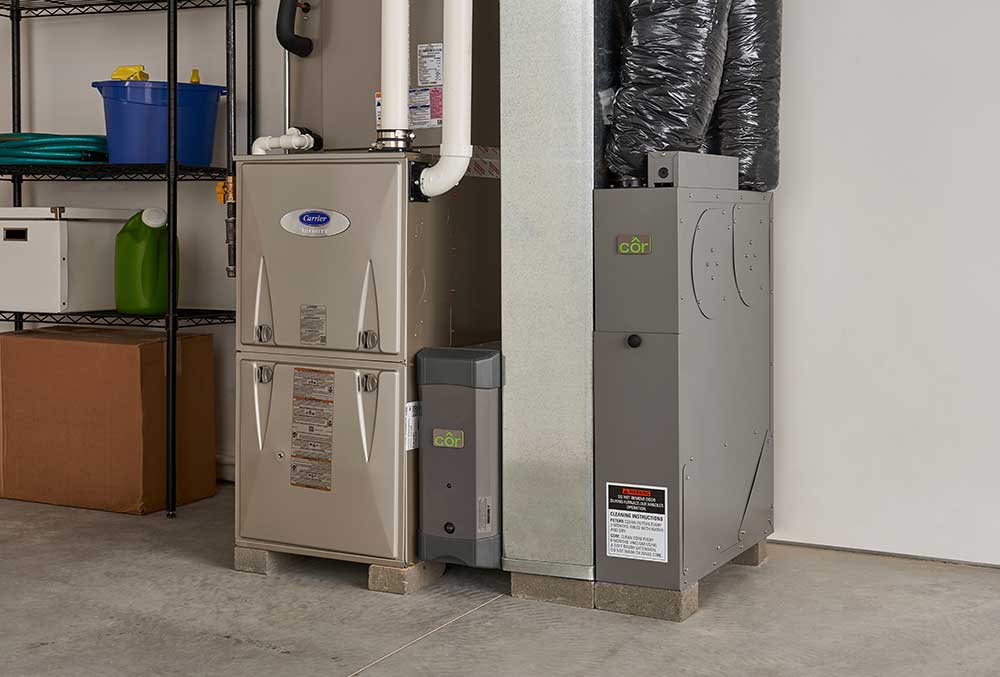
Furnaces
A furnace works by blowing heated air through ducts that convey the warm air to rooms all through the house by means of air registers or grills. This kind of heating system is known as a ducted warm-air or forced warm-air circulation system. It very well may be controlled by power, gaseous petrol, fuel oil, or LP Gas (Propane).
Inside a gas or oil-fired furnace, the fuel is blended with air and burned. The flames heat a metal heat exchanger where the heat is transferred to air.
ADVANTAGES OF FURNACES
- Electric Furnaces Are Inexpensive to Install and Have a Long Lifespan
- Provide Reliable Heating in Even the Coldest Winter
- Require Less Maintenance Than Other Heating Options
DISADVANTAGES OF FURNACES
- Electric Furnaces Are Costly to Run
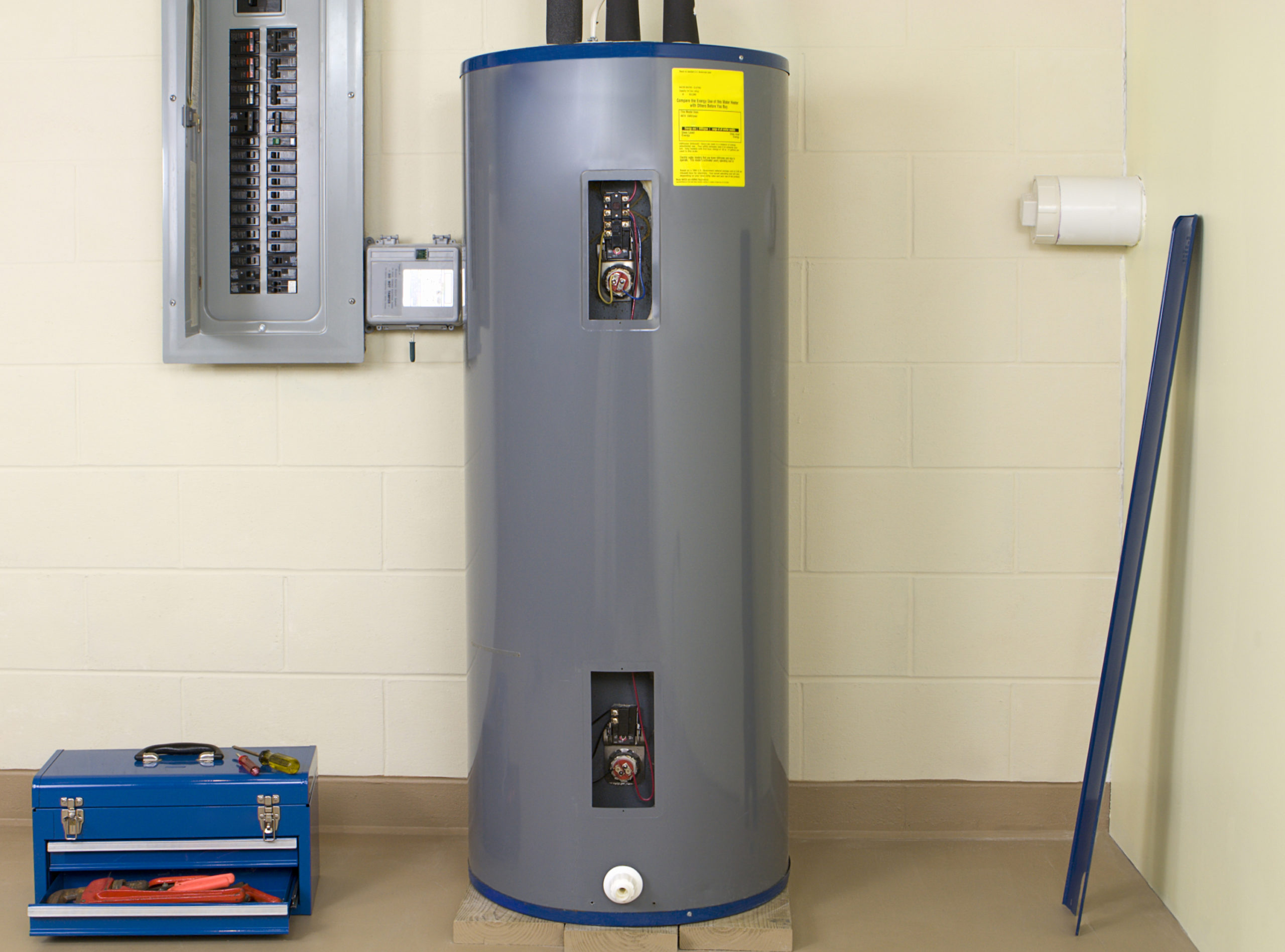
Boilers
Boilers are special-purpose water heaters. While furnaces convey heat in warm air, boiler systems circulate the heat in steaming hot water, which surrenders heat as it goes through radiators or other devices in rooms all through the house. The cooler water then, at that point, gets back to the boiler to be reheated. Hot water systems are regularly called hydronic systems. Residential boilers for the most part utilize natural gas, heating oil for fuel, as well as LP Gas (Propane).
ADVANTAGES OF BOILERS
- Evenly Distributes Heat Throughout a Home
- Virtually Silent
- Greater Control of Where the Heat is Distributed
- Don’t Get All of the Allergens and Other Particles Blown Throughout Your Home
- More Comfortable
- Annual Maintenance Required
DISADVANTAGES OF BOILERS
- Often Cost More to Install
- Replacement Parts for Boilers Can Be Expensive
- Can Take Longer to Respond When the Thermostat is Changed
- You Can’t Cool Your Home With a Boiler
- Present the Risk of Water Leaks
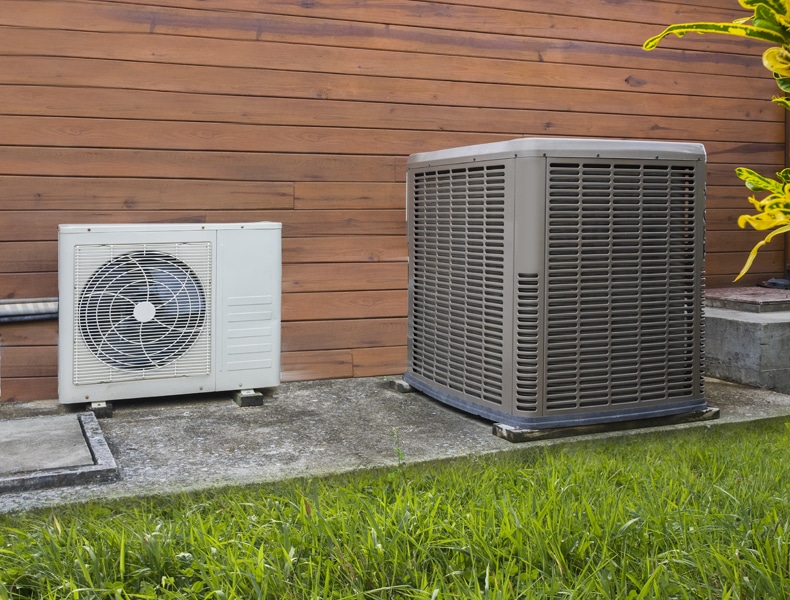
Heat Pumps
Heat pumps are just two-way climate control systems. Throughout the Summer, a forced air system works by moving heat from the moderately cool inside to the warm outside. In Winter, the heat pump inverts this stunt, rummaging heat from the chilly outside with the assistance of an electrical system, and releasing that heat inside the house. Practically all heat pumps utilize forced warm-air delivery systems to move heated air all through the house.
ADVANTAGES OF A HEAT PUMP
- Lower running costs
- Less maintenance
- Better Safety
- Reduces Carbon Emissions
- Provides Cooling
- Long life-span
DISADVANTAGES OF A HEAT PUMP
- High Upfront Cost
- Difficult to Install
- Questionable Sustainability
- Requires Significant Work
- Issues in Cold Weather
- Not Entirely Carbon Neutral
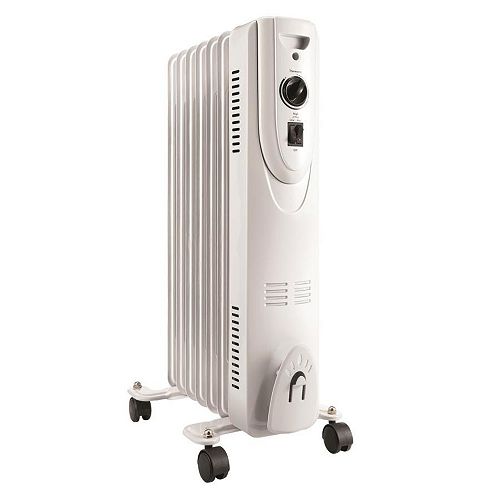
Electric Space Heaters
Portable (plug-in) electric heaters are reasonable to purchase, yet costly to utilize. These resistive heaters include "oil-filled" and "quartz-infrared" radiators. They convert electric flow from the divider attachment straightforwardly into heat, similar to a toaster oven or clothing iron. It takes a great deal of power to convey the very measure of valuable heat that petroleum gas or oil can give nearby. A 1,500-watt plug-in heater will utilize practically the whole limit of a 15-amp branch circuit; consequently, adding a lot of extra burden will trip the electrical switch or blow the breaker.
ADVANTAGES OF AN ELECTRIC SPACE HEATER
- Saves Money
- Simple
DISADVANTAGES OF AN ELECTRIC SPACE HEATER
- Can Be Dangerous
- Require Attention
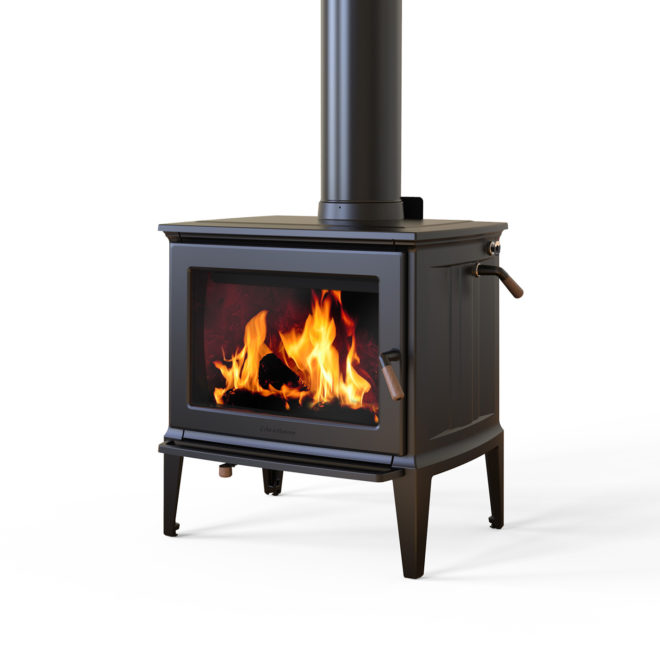
Wood-Burning Stoves
Wood heating can make a great deal of sense in rural areas if you enjoy stacking wood and stoking the stove or furnace. Wood prices are generally lower than gas, oil, or electricity. If you cut your own wood, the savings can be large.
ADVANTAGES OF A WOOD-BURNING STOVE
- High Efficiency
- High Heat Output
- Lower Emissions
- More Control
- Longer fires
- No Electricity Required
- Long Lasting
DISADVANTAGES OF A WOOD-BURNING STOVE
- Cost of Purchase
- Installation Costs
- Learning Curve
- Hot Body
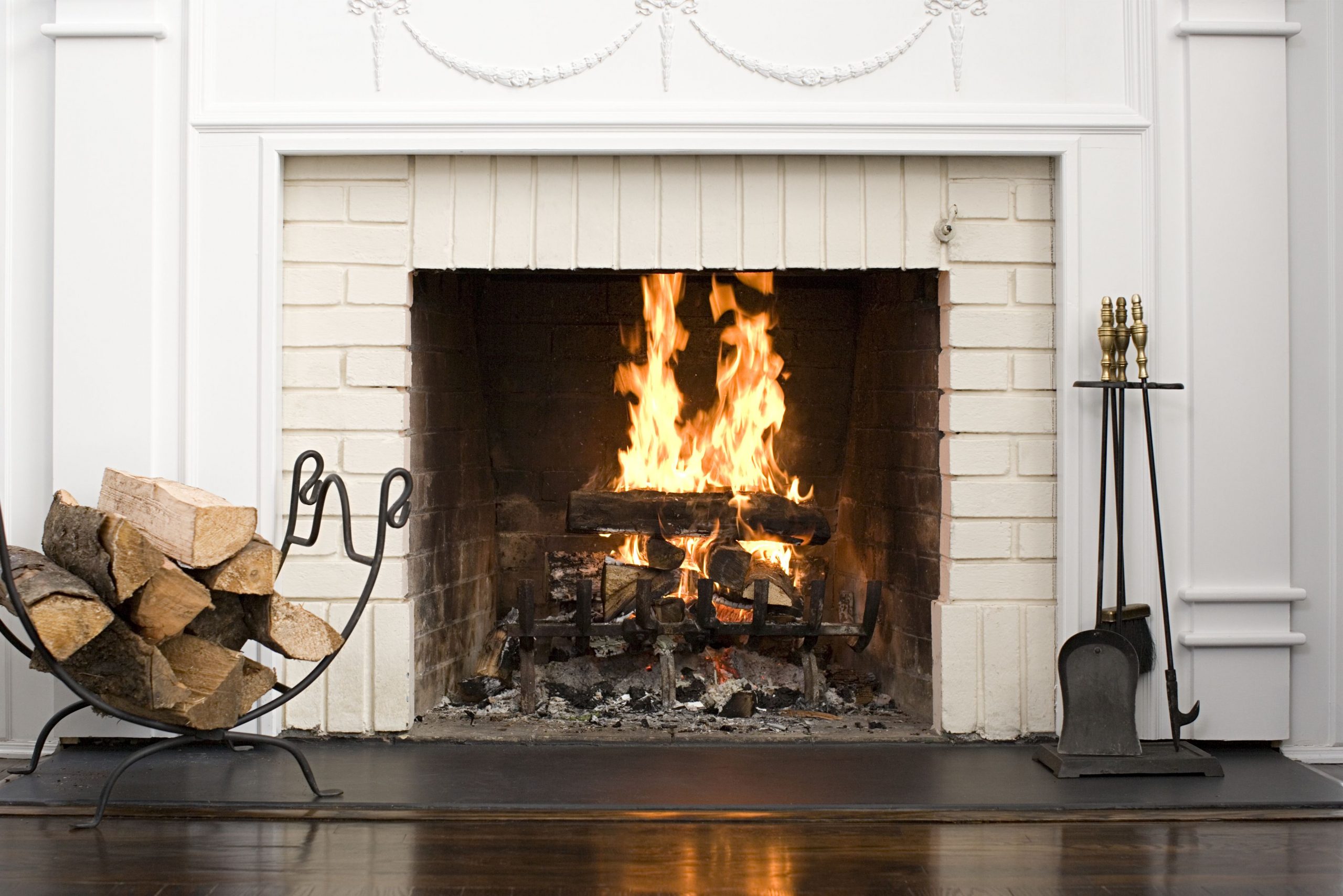
Fireplaces
Gas (and most wood) fireplaces are fundamentally important for a room's style, giving a warm glow, but typically not an effective heat source. With customary installations that depend on air drawn from the room into the fireplace for ignition and dilution, the fireplace will for the most part lose more heat than it gives, because so much warm air is drawn through the unit and should be replaced by cold external air.
ADVANTAGES OF A FIREPLACE
- They Heat Up the Space
- Save Energy and Money
- Wood is Cheap
- The Peace of a Fire
- Fireplaces are Decorative
DISADVANTAGES OF A FIREPLACE
- Fire Can Be Dangerous
- They’re Expensive to Install
- Space for Wood Storage
- Constant Deep Cleaning
- You Can’t Install a Fireplace in a Small Space
7 Big Warning Signs of Heating System Issues
1. Increased Energy Bills
2. A Sudden Onset of Health Issues
3. Unusual Odors
4. Strange Noises
5. Unexplained Water
6. Changes in Room-to-Room Temperature
7. End of Lifespan Of Heater
Find Local Contractors That Specialize In Heating Systems!

Walker's Heating & Cooling
81 Mallard Rd, Haliburton, ON K0M 1S0
(705) 457-2375


Highland Electric Htg & AC
39 Bobcaygeon Rd, Minden, ON K0M 2K0
(705) 286-1885
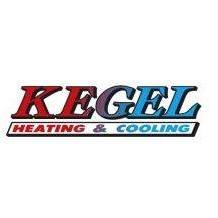
Kegel Heating & Cooling
1572 Little Hawk Lake Road, Algonquin Highlands, ON K0M 1J2
705-341-9170

